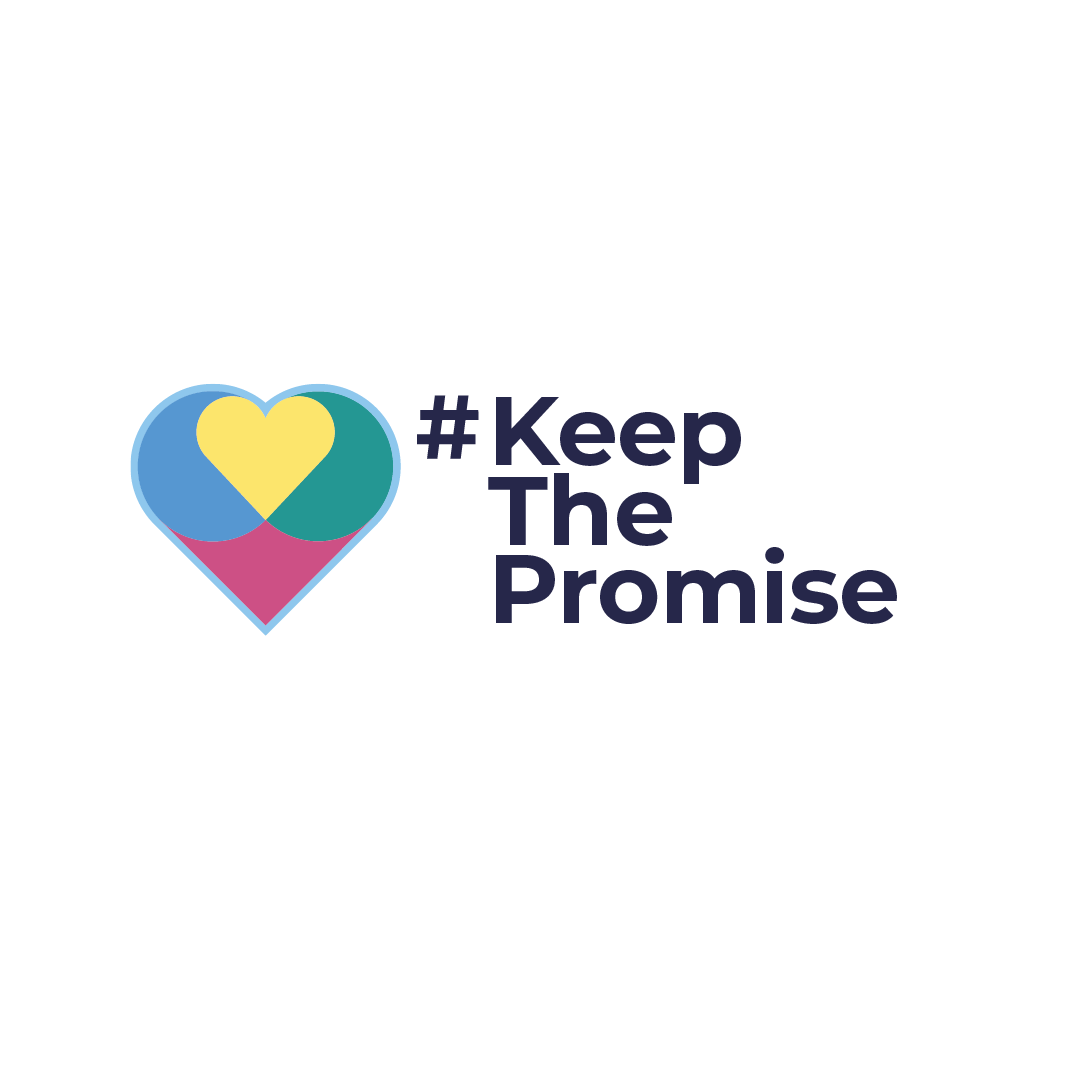Mediation - What counts as success?
Cyrenians Senior Mediator Alan Jeffrey answers a question about what makes for a successful mediation.
.png)
Recently, we were honoured to host an event on Conflict Resolution Day led by Cyrenians Senior Mediator Alan Jeffrey. In addition to working for Cyrenians, Alan delivers workshops on conflict resolution, anger management and mediation skills. Alan mediating has mediated simple procedure cases for University of Strathclyde's Mediation Clinic and Edinburgh and Borders Court Mediation. He also runs the Mongoose and Cobra website, where he blogs about relationships, mediation and conflict.
Following the event, Alan generously offered to answer questions posed during the event but which we ran out of time to put to him. Here is one of those answers.
In relation to mediation, who determines success?
It's the parties [undertaking mediation] who get to determine success. The concept of procedural fairness tells us that if the parties are ‘happy’ with the process then they will see it as a success.
That said, as mediators we surely have some sense of what a successful mediation is? Often, we find ourselves re-framing mediation for the parties when they feel negative about not reaching a settlement: ‘I know you had expected to get a settlement today and you haven’t, however you have both reached a greater understanding of the other’s position and showcased a lot of empathy, working collaboratively rather than competitively, despite not getting over the line. That was really positive to observe.’
The literature is fairly clear that the way to have success in mediation is to build rapport and trust between mediator and parties…I am unsure off the top of my head whether this is based on outcome/settlement rate or perception of the parties.
However, we are working in the real world and the current climate of funding often dictates that we evaluate success on a more quantitative basis. Settlement rates are a useful figure that generally provide a positive result, rarely being lower than 70 percent across all mediation styles. Funding can be dependent on these rates, and are a useful and easily understood heuristic to market the power of mediation. And whilst I may sound cynical about settlement rates as an indicator of success, I’m not really. It’s not the only thing that interests me, far from it but it’s still indicative of mediation’s usefulness to create concrete outcomes and improve lives.





